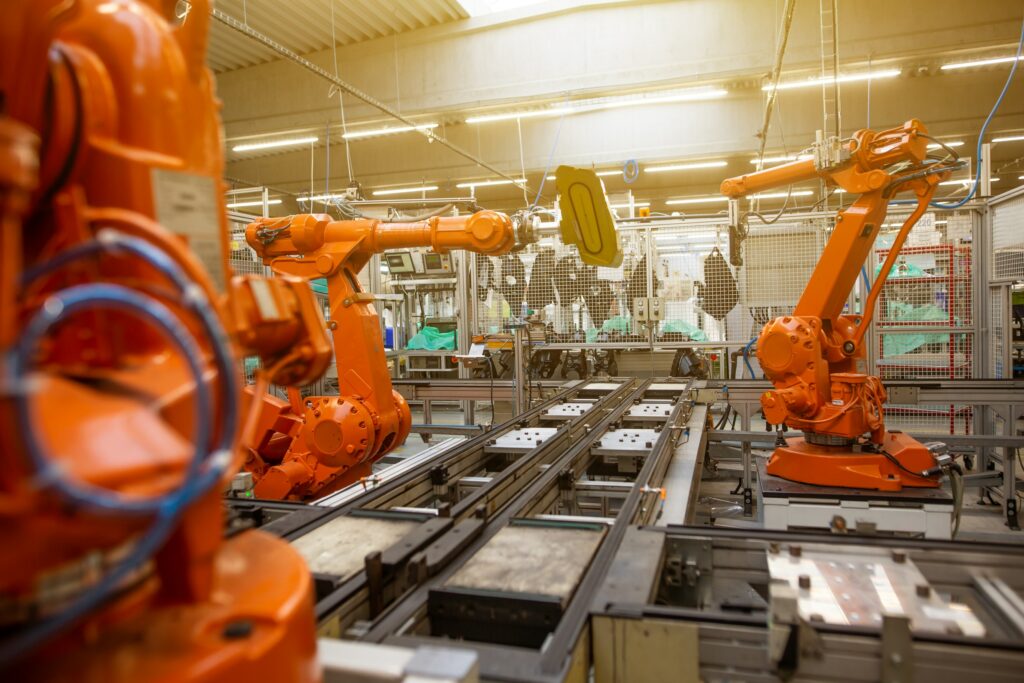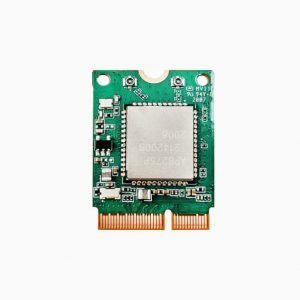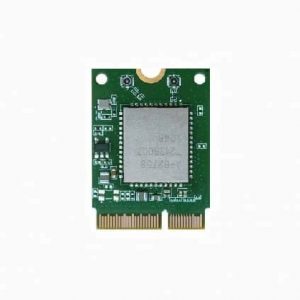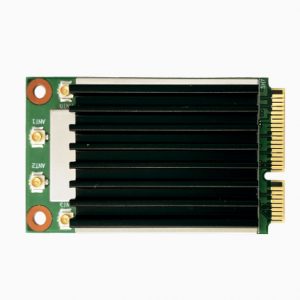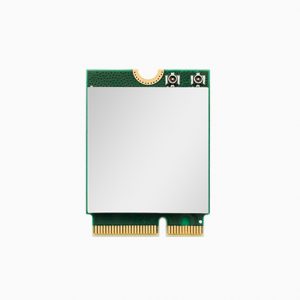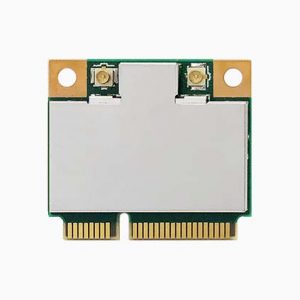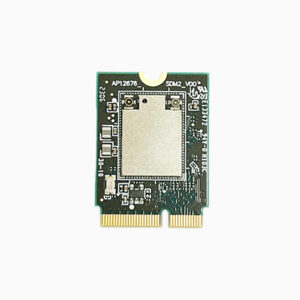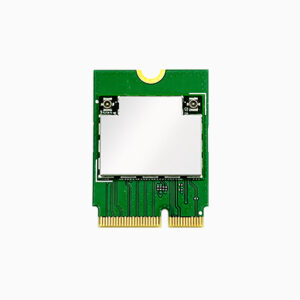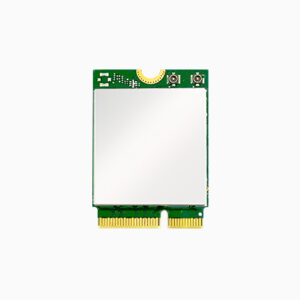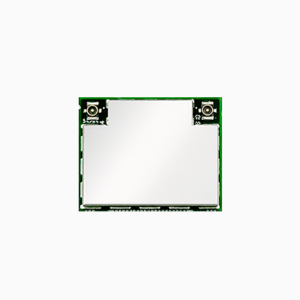Wireless technology is heavily implemented via all kinds of industrial applications nowadays. The term “industry 4.0” represents the evolution of technology utilized towards tradition industrial operations, the fields includes but not limited to robotics, automation, rugged machineries, factory manufacturing, public facilities, and military related apparatus. With the improvement of wireless security, chipset thermal capacity, wireless transmission stability, and even certification readiness, it all facilitates the growth of wireless application within these equipment. The advantages of integrating any wireless technology is that it breaks the pre-existing infrastructure limitations with wirings, hence allows unlimited possibilities with expansions at any time, while maintains all flexibility with changes later on with zero downtime during the expansion.
Reliability
Unlike Consumer electronics, industrial requirements on wireless modules emphasizes a lot on performance stability. A lot of applications like robotics, automates will incur significant economic loss of danger if any down time occurs, and some even are difficult to recover back to it’s original state. Therefore, product that are thoroughly testing and certified by multiple regulation laboratories are essential to ensure the endurance. Some industrial use may not even require the fastest speed, and any random dropouts or fluctuations or performance may just kill the game completely. Although WiFi has improves substantially over the years to industrial use, it is important to understand the limitation of this technology and perform a thorough checkup with professionals before resources is injected into developments.
Longevity
Industrial applications can so widely categorized but one other thing they are have in common. Product are usually expensive and build for endurance, and hence long period of warranty is usually provided, and some sophisticated equipment may even require strict compliance govern by the authorities, which means high bill of certification cost involved. All in all, it’s not just something that traditional consumer grade module can handle, selecting a solution that are powered by industrial focused chipset makers is a must. Makers that focus more on this sector would have much longer product maintenance on software and hardware, that will help to keep that maintenance cost down to minimum hassle. Do not save a few dollars to jeopardize on the overall quality and brand value. One will definitely get what they pay for.



